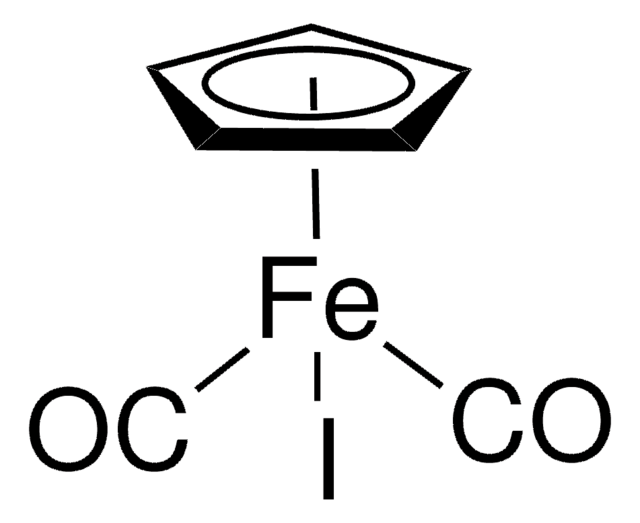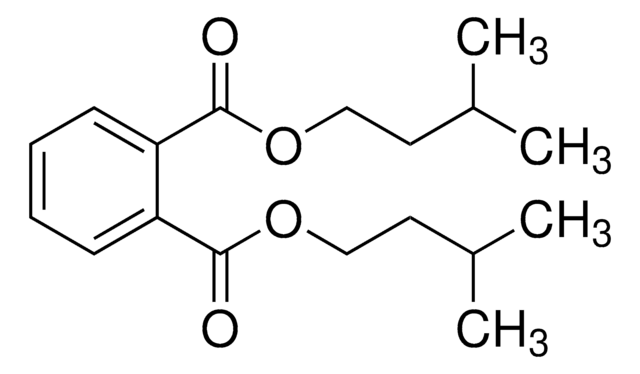290602
Dipropyl phthalate
98%
Sinónimos:
Di-n-Propyl phthalate, Dipropyl benzene-1,2-dicarboxylate
About This Item
Productos recomendados
Análisis
98%
índice de refracción
n20/D 1.497 (lit.)
bp
317.5 °C (lit.)
densidad
1.078 g/mL at 25 °C (lit.)
cadena SMILES
CCCOC(=O)c1ccccc1C(=O)OCCC
InChI
1S/C14H18O4/c1-3-9-17-13(15)11-7-5-6-8-12(11)14(16)18-10-4-2/h5-8H,3-4,9-10H2,1-2H3
Clave InChI
MQHNKCZKNAJROC-UHFFFAOYSA-N
¿Está buscando productos similares? Visita Guía de comparación de productos
Categorías relacionadas
Descripción general
Palabra de señalización
Warning
Frases de peligro
Consejos de prudencia
Clasificaciones de peligro
Repr. 2
Código de clase de almacenamiento
10 - Combustible liquids
Clase de riesgo para el agua (WGK)
WGK 3
Punto de inflamabilidad (°F)
228.2 °F - closed cup
Punto de inflamabilidad (°C)
109 °C - closed cup
Equipo de protección personal
Eyeshields, Gloves, multi-purpose combination respirator cartridge (US)
Certificados de análisis (COA)
Busque Certificados de análisis (COA) introduciendo el número de lote del producto. Los números de lote se encuentran en la etiqueta del producto después de las palabras «Lot» o «Batch»
¿Ya tiene este producto?
Encuentre la documentación para los productos que ha comprado recientemente en la Biblioteca de documentos.
Los clientes también vieron
Nuestro equipo de científicos tiene experiencia en todas las áreas de investigación: Ciencias de la vida, Ciencia de los materiales, Síntesis química, Cromatografía, Analítica y muchas otras.
Póngase en contacto con el Servicio técnico












